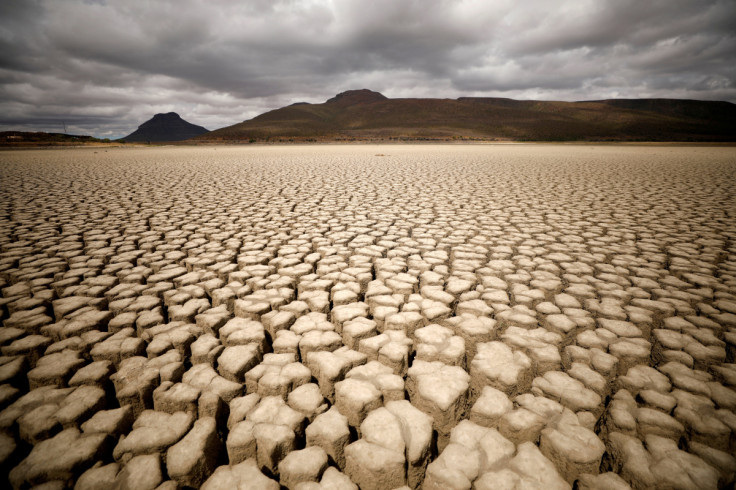African Insurers Take Up Climate Change Fight With $14 Billion Pledge

A group of over 85 African insurers has pledged to provide $14 billion of cover to help the continent's most vulnerable communities deal with climate disaster risks such as floods and droughts.
The commitment launched on Wednesday during the COP27 climate talks comes as developing countries push their richer peers to do more to help them pay for the costs of responding to such events.
Demand for compensation for the so-called 'loss and damage' caused by global warming has long been rejected by wealthy countries, wary of accepting liability for the emissions driving climate change.
Against that backdrop, the African insurance plan is based around creating a scaleable, local market-based funding tool for resilience, the group said.
"This is the African insurance industry saying let's come together and try and solve this ourselves," said Kelvin Massingham, director risk and resilience at FSD Africa, one of the partners behind the launch.
"We have a massive risk gap in Africa and existing solutions aren't working," Massingham said. FSD Africa is a UK government-backed development group.
The African Climate Risk Facility (ACRF) will provide protection for 1.4 billion people against floods, droughts and tropical cyclones by providing $14 billion of climate risk insurance by 2030 to African sovereigns, cities, humanitarian organisations and NGOs, the insurers said in a statement.
The insurance commitment is the first from the 85 signatories of the Nairobi Declaration on Sustainable Insurance, signed in April 2021 by the industry to support the U.N. Sustainable Development Goals.
The ACRF will provide a domestically funded alternative to global initiatives like the World Bank's Global Risk Financing Facility and the Global Shield Financing Facility, a new funding facility that will help countries that suffer heavy economic loss due to climate change-driven disasters, announced by World Bank president David Malpass on Tuesday.
Such institutions have "tended not to be very effective in Africa" and in some cases are "not fit for purpose" Massingham said, on account of prohibitively high transaction costs and challenging bureaucracy.
© Copyright Thomson Reuters 2025. All rights reserved.





















